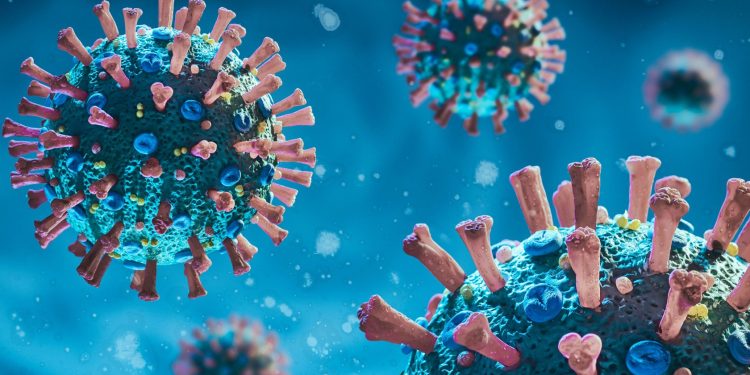In a recent study conducted at Harvard University, researchers have been delving into the complexities of long COVID, a mysterious condition that has profoundly impacted individuals recovering from COVID-19. The enduring symptoms of this condition can include fatigue, shortness of breath, cognitive difficulties, and other debilitating effects, altering the lives of many individuals long after their initial infection with the virus.
One of the critical challenges in understanding long COVID lies in the wide variability of symptoms experienced by affected individuals. This variability not only complicates diagnosis but also underscores the need for tailored treatment approaches to address the unique manifestations of the condition in each person. By recognizing these individual differences, researchers aim to develop more effective strategies to manage long COVID and improve the quality of life for those suffering from its lingering effects.
Furthermore, the psychological impact of long COVID cannot be overlooked. The uncertainty and unpredictability of the condition can lead to heightened anxiety and emotional distress for individuals trying to navigate its long-term consequences. Providing comprehensive support services that address both the physical and emotional aspects of long COVID is essential in helping individuals cope with the challenges they face on a daily basis.
While much remains to be discovered about long COVID, ongoing research at Harvard and other institutions worldwide is shedding light on the underlying mechanisms of the condition. By deepening our understanding of the physiological and immunological factors contributing to long COVID, researchers are working towards developing targeted therapies that can alleviate symptoms and promote recovery for individuals grappling with its persistent effects.
Moreover, public health efforts aimed at preventing the spread of COVID-19 play a crucial role in reducing the incidence of long COVID in the population. By implementing vaccination campaigns, promoting mask-wearing, and encouraging adherence to public health guidelines, we can limit the number of individuals affected by the virus and, consequently, reduce the burden of long COVID on healthcare systems and society as a whole.
In conclusion, unraveling the complexities of long COVID requires a multidisciplinary approach that integrates medical expertise, psychological support, and public health interventions. By combining these efforts, we can provide comprehensive care for individuals affected by long COVID, support ongoing research initiatives to advance our understanding of the condition, and ultimately pave the way towards improved outcomes and quality of life for those living with this challenging and enigmatic condition.













